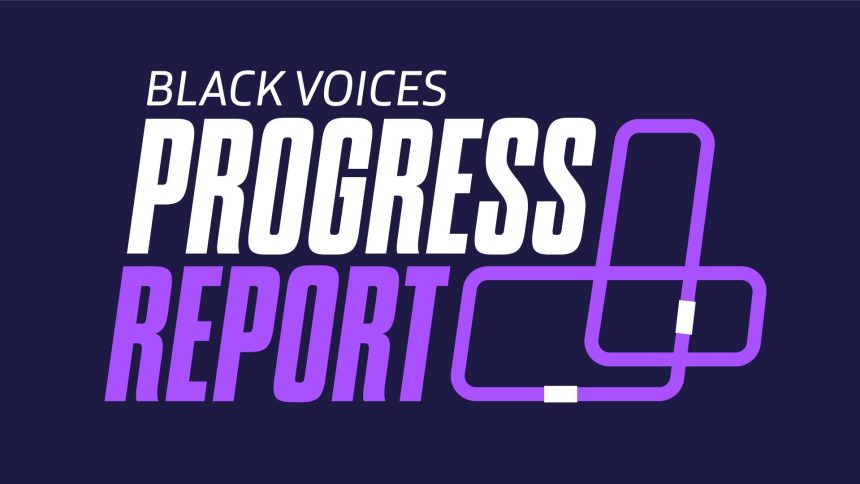Up until this juncture in the Black Voice Progress Report, we’ve had discussions with individuals who have established themselves and achieved success in their respective fields. However, shedding light on a different perspective, an anonymous QA tester shares their experience of being Black in a role that often lacks recognition, regardless of competence.
Their journey in the gaming industry began due to a passion for gaming, leading them to pursue opportunities in AAA titles when the chance arose. However, they recount realizing the representation disparities within their company during an in-person gathering where the lack of diversity became apparent.
“This prompted me to delve into research and understand the severity of the issue [of representation in the industry]. I felt compelled to take action while still in the gaming industry,” they express.
Their concerns deepened over time, exacerbated by a schedule and remote working arrangement that heightened feelings of isolation.

“None of the Black employees work during my shift. I find it challenging to engage with them casually,” they note.
While their company has a Black network, the geographical distance makes meaningful interactions difficult.
The anonymous tester reveals that leadership has not addressed the isolating environment, making it daunting to voice concerns about fostering a more diverse workforce.
“Except for one person, all my superiors are not people of color. It’s challenging to communicate this to potentially indifferent ears,” they state.
Moreover, they lament the lack of career progression opportunities, citing visibility to management as crucial for advancement, which is hindered by differing shifts.
“In the past, when everyone applied for a particular position, no one from my shift was selected. It’s incredibly frustrating,” they remark.
Consequently, they feel unfulfilled in their current role within the games industry. However, attending a gaming convention last year reignited their passion and provided a fresh perspective.
“I had the opportunity to connect with numerous individuals in the gaming industry,” they share.
Encountering a significant presence of marginalized communities at the event proved transformative for them.
“I learned about the Black in Gaming Foundation and discovered that there are others like me—people I can connect and engage with,” they reveal.
These newfound connections have offered them valuable insights and career prospects within the gaming sector.
“While I have external resources and conduct research, feeling less isolated within my company requires either upward mobility or seeking opportunities elsewhere,” they conclude.
Involvement in an organization focusing on Black talent has been professionally rewarding and has bolstered their mental well-being.
“I’m actively engaged in my city’s chapter of the Black in Gaming Foundation. I’ve collaborated with various individuals to organize panels on Black representation in the gaming industry and have access to potential mentors,” they affirm.
Regrettably, their experiences as the sole Black individual within their division are not uncommon. Despite the industry’s increasing diversity, marginalized communities still grapple with these challenges.
Nonetheless, the QA tester remains hopeful for a more inclusive industry in the future.
“Knowing that others face similar challenges has boosted my morale more than I anticipated,” they remark.
Reflecting on their career journey, they acknowledge limited personal progress but value the experience gained in their current position.
“Working in QA, I predominantly interact with developers… However, I aspire to see more progress in the portrayal of Black characters in games,” they express.
Their aspiration for progress involves more nuanced and realistic representations of Black characters, necessitating increased diversity among professionals shaping these narratives.
“I hope for more authentic portrayals of Black characters in games, diverging from stereotypes. We don’t always have to fit a certain mold,” they assert.
In conclusion, the QA tester is driven to contribute to improving representation for people of color, particularly Black professionals, within the gaming sector.







